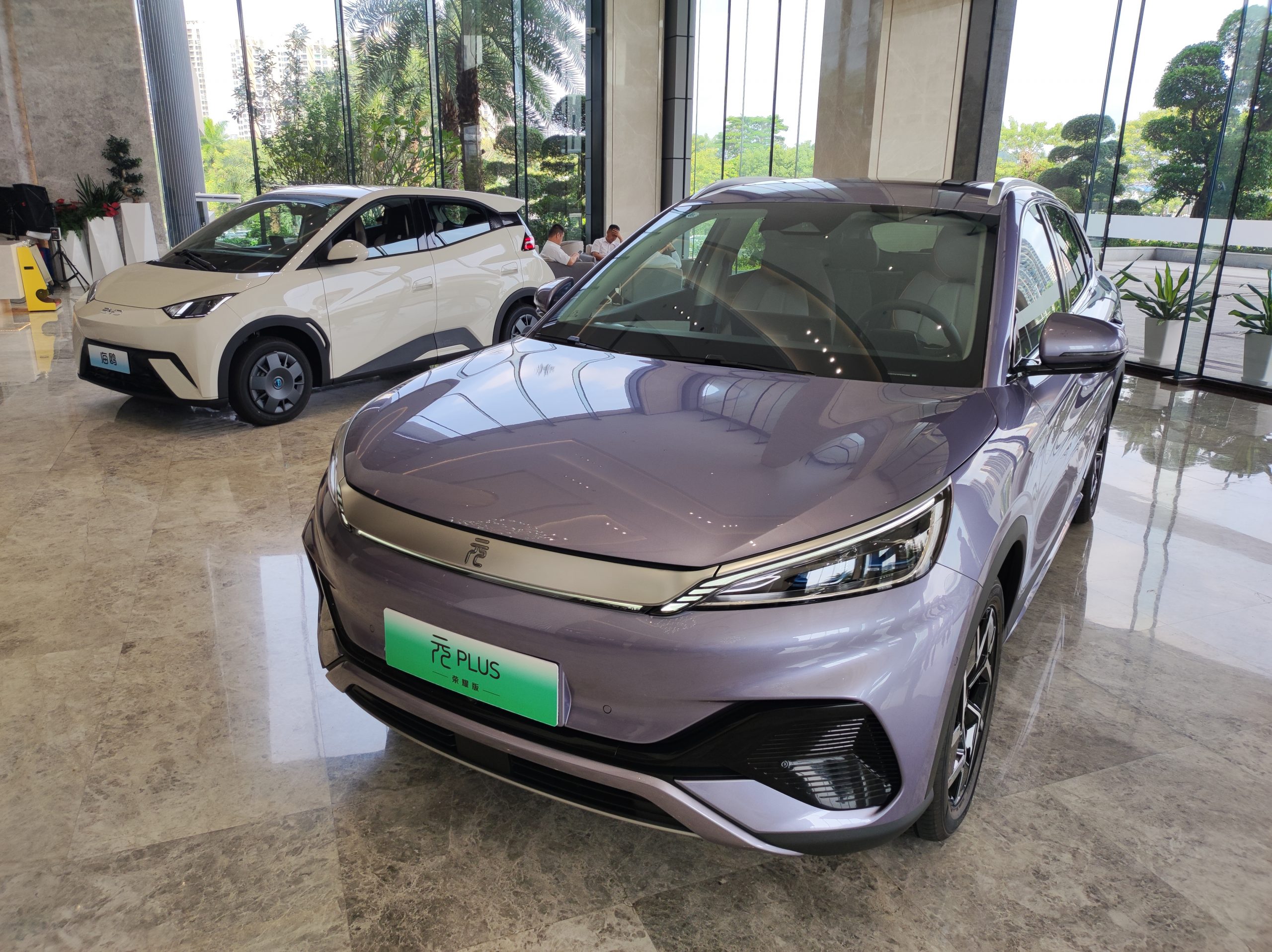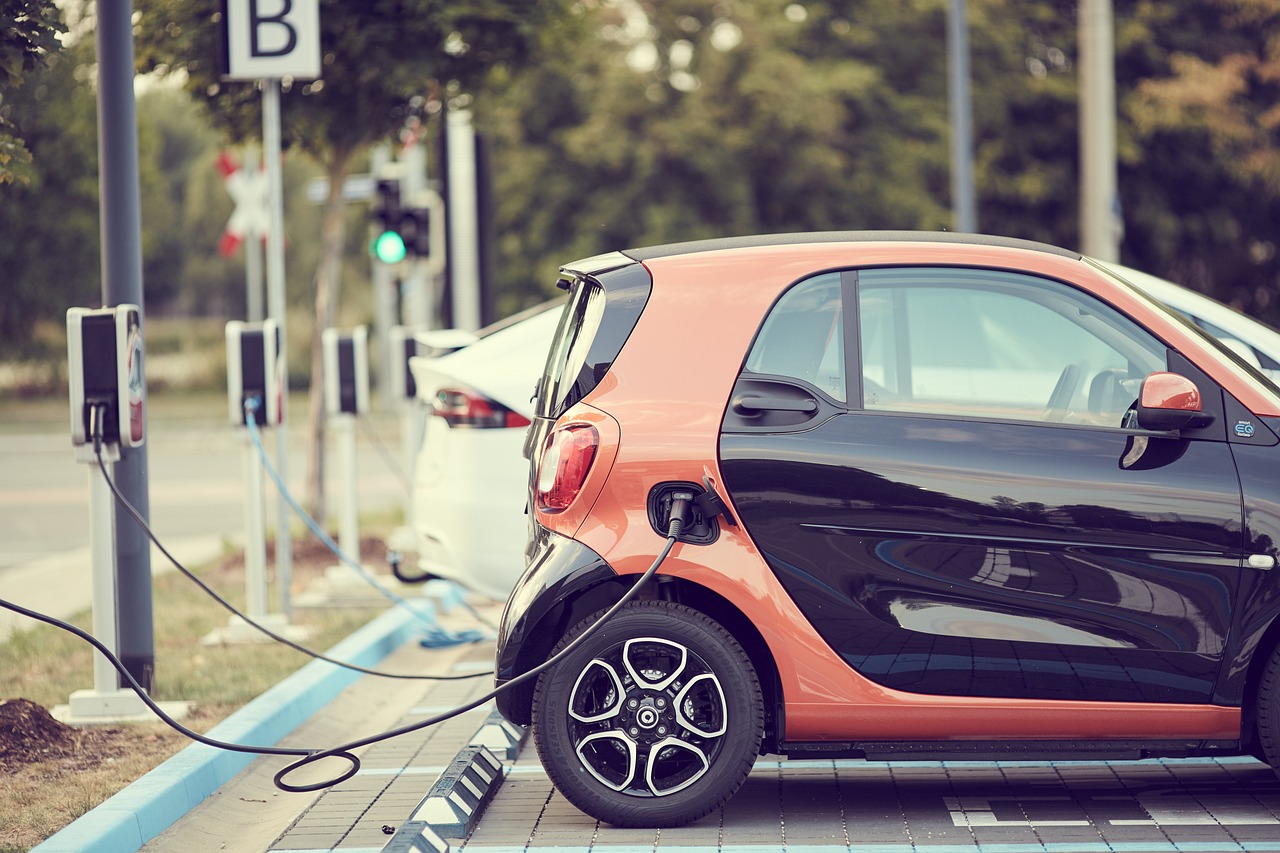
A particularly positive development is that more new cars were registered in 2024 than used ones.Continue reading

Some positive news from Germany for the first time in months: e-car sales are dominating the market in January, says the economic news site Világgazdaság. This was partly due to last year’s low base, but experts believe the trend could be generalized in the coming months, which could be good news for Hungary.
New registrations of electric cars in Germany have skyrocketed. Die Welt reported that this January, 34 500 electric cars were registered, 53,5% more than last year based on the data shared by the Federal Motor Transport Authority (KBA). However, according to Ernst and Young, the high growth rate is mainly due to the low base of the previous year: the sudden phasing out of public subsidies in 2023 December led to a collapse in new electric vehicle registrations in January last year.
Despite this,
the number of newly registered electric cars set a new record in January.
The German car industry’s problems dominated the entirety of last year, which began with the phasing out of public subsidies for electric cars. The decision led to a slump in new car sales in January 2024, followed by a series of news stories about the problems of global companies such as ZF and Bosch. But the most dramatic was the Volkswagen crisis, with the Wolfsburg-based company planning to close a plant in Germany for the first time in 87 years.
The difficulties of German firms has left its mark on the macro-economy, with Germany in recession for 2023 and 2024. The state of the German industry is crucial for Hungary.
If there is a lesson to be learned from last year, it is that the Hungarian economy is strongly interconnected with that of Germany.
After two months at the beginning of 2024, Hungarian economic policy had to back down from its dream of 4% growth, which ended up being only 0,5%. The economic crisis in Germany played a crucial role in this result.
Márton Nagy, the Minister for National Economy, has reacted by saying that
the German economy has undercut the Hungarian economy,”
This became particularly clear after the third quarter GDP data, when Hungary once again slid into a technical recession. On the upside though, the electric car market’s success is important news for Hungary, because so far, despite the billions of forints invested in the sector with the approval of the Hungarian government, there is still a lot of unused capacity. Under these circumstances, the Hungarian economy might not be able to achieve a growth of 4% or more, as it would require strong external demand.
Via Világgazdaság; Featured picture: Pixabay